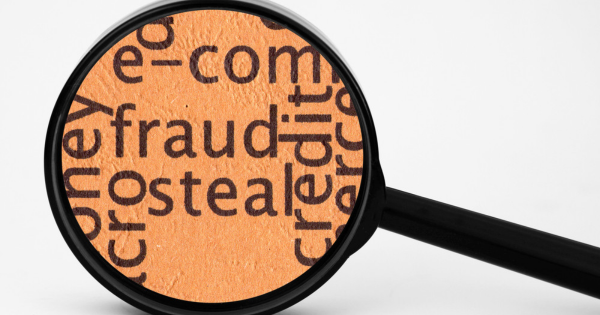Business owners take quite a while before their franchises begin to make profits. Necessary measures have to be incorporated to keep scammers away from the organization. Learn those scam signs that target businesses and equip your employees with the information needed to avoid being targeted.
Common Scams That Target Businesses
Government Agency Imposter Scams
Scammers may impersonate government agents and threaten to impose fines, suspend business licenses, and even take legal action. Business owners who may be late in renewing government licenses and paying taxes may be scared and purchase workplace compliance letters even though they are free from the U.S. Department of Labor. Fraudsters have manipulated fake government programs to trick business owners into paying for non-existent business grants to fund their lavish lifestyles.
Fake Invoices
Scammers create invoices with products and services that the business uses, ranging from office and cleaning supplies under a domain name registration. Scammers usually hope that the person mandated to pay the bills assumes the invoices are for those things the company ordered. Fraudsters usually target when the invoice is critical, for instance, keeping the website up and running, which triggers business owners to pay first and then ask questions later on. If payments are made, the money may be gone already.
Unordered Office Supplies and Other Products
Someone may call to obtain information about an existing order of merchandise and office supplies and verify an address. Business owners who fall into this trap receive loads of unordered merchandise, followed by demands to pay for them. Such scammers usually keep the records and may even playback a tape of earlier calls to prove the placed order. The Association of Fraud Examiners (ACFE) report indicates that businesses lose about 5% of revenue each year due to fraud, so be careful and avoid such scammers.
Utility Company Impostor Scams
Scammers may pretend to make calls originating from water, electric, or gas companies informing people that regular services will be interrupted. They create a sense of urgency that scares clients into believing that the bills must be made immediately. A reloadable gift card and wire transfer are ways that scammers request funds. The timing of such calls happens before the rush in a restaurant for dinner to create the greatest urgency.
Tech Support Scams
Such scams start with an alarming pop-up message or a call pretending to originate from a well-known organization informing business owners about security risks. The main goal is to gain access to a computer, access money, or both, and such fraudsters pretend to fix a non-existent problem and request payments later on. Such scammers may enroll a useless computer maintenance programs and access sensitive data, including custom lifestyle records, passwords, or credit card information.
Social Engineering, Phishing, and Ransomware
Cyber scammers may trick employees into revealing sensitive information, including bank information or passwords. The process starts with a phishing email, social media contact, and a call originating from a trusted source, including a senior employee and a supervisor. Scammers will then direct employees to give access to confidential company information or wire money. Other emails may be in the form of routine requests for password updates and various other automated messages attempting to steal crucial data.
How to Protect Your Business
Train Your Employees
- Train workers to minimize sending sensitive information and passwords via email, even if such emails originate from the manager. Business owners should stick with the program and minimize requesting sensitive data from employees by email.
- Encourage people to talk with co-workers if they spot a scam. Scammers tend to target multiple individuals in the organization, and therefore, an alert from a single employee about a scam may help prevent others from being deceived.
- Don’t believe those “great deals” you can get. For example, global demand for crude oil in 2020 was projected to increase to 96.5 million barrels per day in 2021. If a worker gets a call about a fantastic deal on a manufacturing product in demand such as crude oil, it’s probably a scam. Train your workers to say no and hang up when needed.
Verify Invoices and Payments
- Check all invoices closely. Business owners are advised to pay for items ordered and delivered, which trickle down to the staff.
- Lay down clear procedures for approving expenditures. Limit the number of individuals authorized to pay invoices and place orders. Reviewing policies is essential to ensure significant spending cannot be triggered by an unexpected invoice, call, or email.
Be Tech-Savvy
- Secure the company’s passwords, files, and financial information.
- Do not believe the caller ID. Scammers will often fake caller ID information to make business owners consider them to be a trusted vendor or a government agency.
Protect an organization’s identity and minimize sharing of personal information, including Social Security number, date of birth, or bank account number. Hire a professional accountant to perform an extensive review and an audit to control processes all year round.



